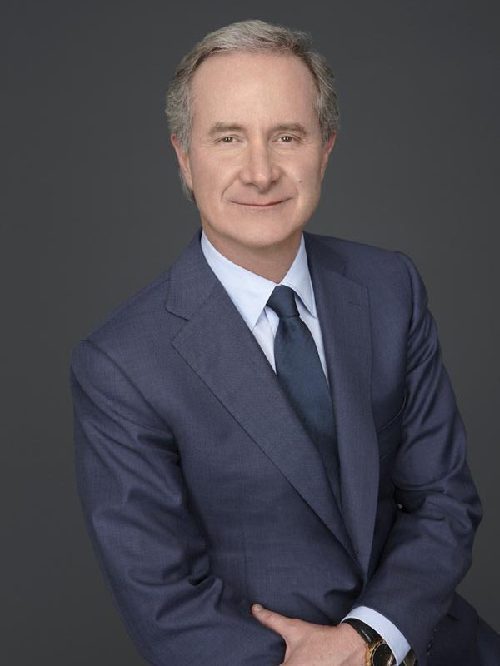 |
|
Fabrizio Freda, president and CEO of the Estée Lauder Cos. Provided to China Daily |
Cosmetics giant Estée Lauder is focused on pushing into Tier 2 and Tier 3 cities in China as it continues to invest heavily in the Chinese market despite a softening economy, the company's CEO said.
China sales grew 8 percent in the last quarter, down from the company's historic highs of 20 percent, led primarily by gains in e-commerce and mobile commerce.
"We are not going to combat the market in China -- meaning if China is slowing down, we will stay there, stay focused and continue to invest in China," said Fabrizio Freda, president and CEO of the Estée Lauder Cos.
"I don't think we have the ambition to influence the total Chinese economic trend, but we have the ambition to stay focused and continue investing during the up and during the down. In this moment, there's a little bit of down, but it's not dramatic, it's just a bit of softening and we're still growing in China. For us it's going very well," he said.
Estée Lauder will increase its distribution in the country, investing online. It has a partnership with Alibaba's Tmall, which Freda said has been a good partner for building its business because the company is able to control the image, equity and execution of the brand.
Tmall has brand partnerships with many American retailers that run their official stores on the e-commerce platform, selling to customers who are wary of fake goods that proliferate on the web.
The New York-based cosmetics giant owns more than two dozen brands in make-up, skin care, fragrance and hair care, including Clinique, MAC, Bobbi Brown and Smashbox.
Freda said that Estée Lauder is also planning to invest in freestanding stores -- in particular with entry-level brands like MAC -- in areas where there are no department stores.
The company is also keen to increase its portfolio in China, deploying newer brands like Jo Malone and Tom Ford to capture gains where older Estée Lauder brands may be losing due to China's slowing growth, he said.
"Even if some brands who have been there for longer could suffer from the slowdown of the economy, you still have new brands that come in that generate more demand and more interest. We're in China for the long term; that's really the focus," he said.
Western brands have seen lessening dominance in China's $28 billion cosmetics market, ceding market share to domestic and regional labels, particularly those from neighboring South Korea and Japan, with brands from the former country accounting for almost one-fourth of China's imported cosmetics. Korean beauty products are enjoying skyrocketing popularity due to Chinese consumers' obsession with Korean dramas and celebrities. Sales of Korean beauty goods to China surged 250 percent last year, selling products worth more than $370 million. US retailers exported $194 million, according to figures from the Korean International Trade Association.
On the competition that Estée Lauder faces from Korean brands in China, Freda said that the company has seen its market share in Korea grow.
"I think that answers all questions when people ask me, 'Can you compete with Korean brands [in China]?' We are growing market share in Korea. So yes, we can compete with Korean brands, as we have demonstrated," he said.
Contact the writer at amyhe@chinadailyusa.com.